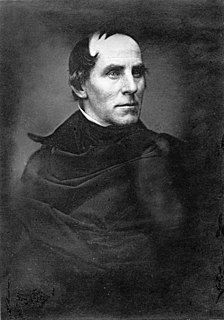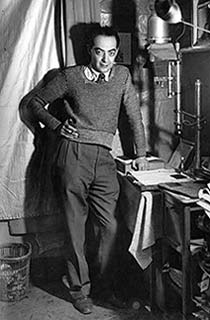A Quote by Joseph Addison
We find the Works of Nature still more pleasant, the more they resemble those of art.
Related Quotes
So, you're seeing the Rolls-Royces and the Bentley's still selling for big prices. You're seeing jewelry still selling, art works at auction. There was a diamond that sold for I think 38 million, 48 million, something like that just a week ago. So prices are back up to their highs, getting stronger and more and more people seem to have more and more money to spend.
Art on the contrary sought this harmony in practice [of art itself]. More and more in its creations it has given inwardness to that what surrounds us in nature, until, in Neo-Plasticism, nature is no longer dominant. This achievement of balance may prepare the way for the fulfillment of man and signal the end of (what we call) art.
. . .nature is still predominant, and there are those who regret that with the improvements of cultivation the sublimity of the wilderness should pass away: for those scenes of solitude from which the hand of nature has never been lifted, affect the mind with a more deep toned emotion than aught which the hand of man has touched. Amid them the consequent associations are of God the creator-they are his undefiled works, and the mind is cast into the contemplation of eternal things.
I know now that he who hopes to be universal in his art must plant in his own soil. Great art is like a tree, which grows in a particular place and has a trunk, leaves, blossoms, boughs, fruit, and roots of its own. The more native art is, the more it belongs to the entire world, because taste is rooted in nature. When art is true, it is one with nature. This is the secret of primitive art and also of the art of the mastersMichelangelo, Czanne, Seurat, and Renoir. The secret of my best work is that it is Mexican.
Our task is not to find the maximum amount of content in a work of art, mush less to squeeze more content out of the work than is already there. Our task is to cut back on content so we can see the thing at all. The aim of all commentary on art now should be to make works of art - and, by analogy, our own experience - more, rather than less, real to us.






































